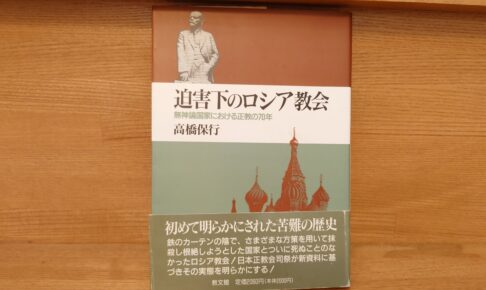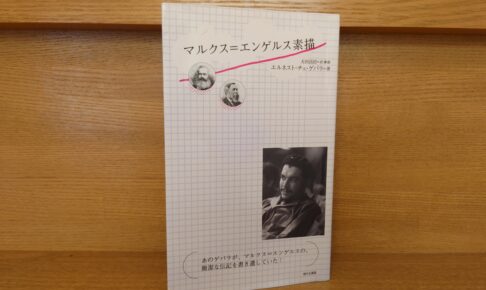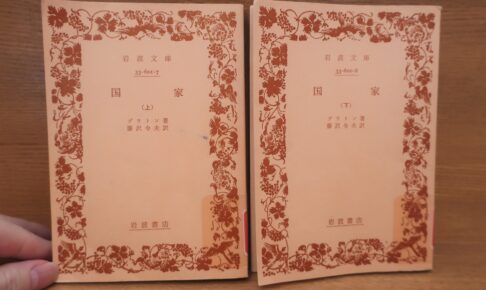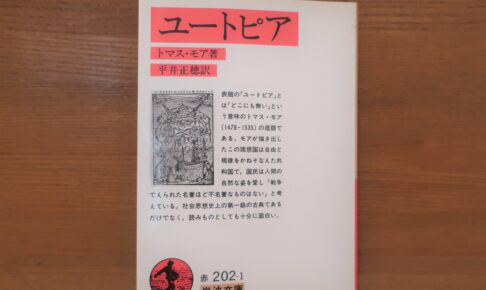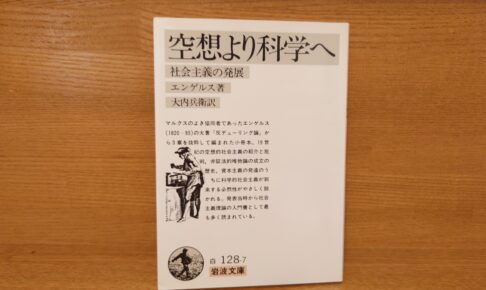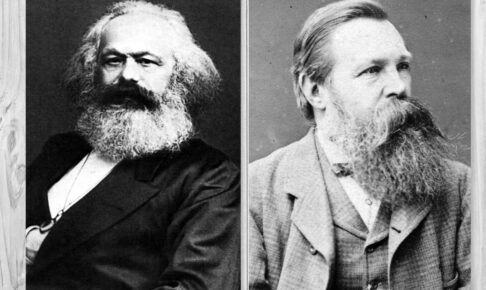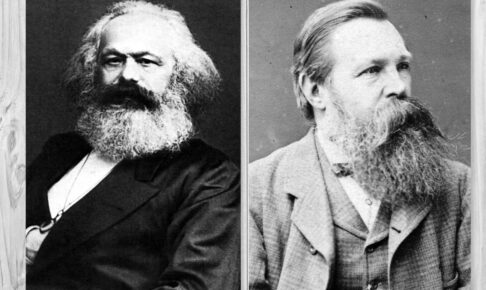Yasuyuki Takahashi, The Russian Church under Persecution: 70 Years of Orthodoxy in an Atheistic State - What was the state of Christianity in the Soviet era?
The Soviet era may be difficult for those of us living in the modern world to imagine. Even for those who lived in the Soviet Union during the same period, information was limited, so they were able to learn about the actual situation only to a limited extent.
In such a situation, religion, which was a taboo subject under the Soviet regime, was a particularly secretive matter.
The relationship between the Soviet Union and the Russian Orthodox Church can be known only now that the Soviet Union has collapsed.
This book is a very valuable book to learn about this.
I think this book is a very significant work in terms of knowing Dostoevsky.












